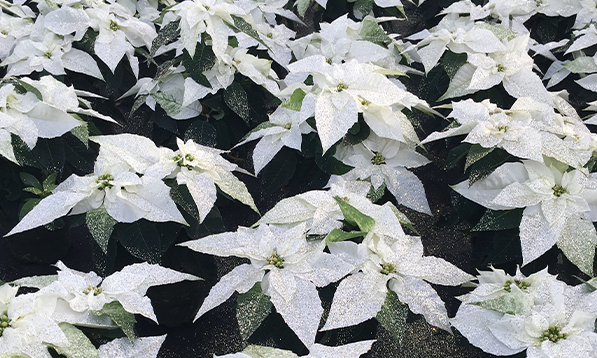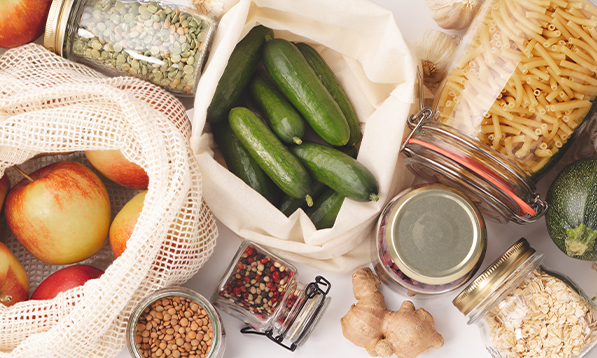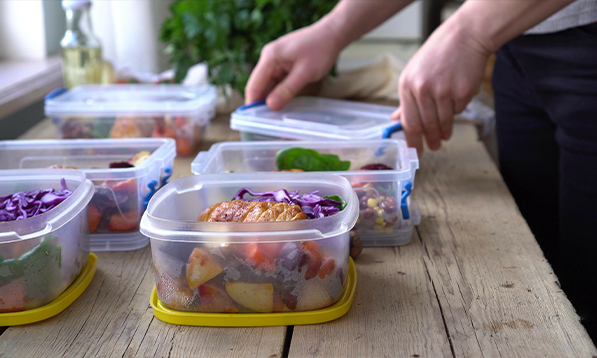
Pretty Poinsettias: simple tips to care for BC blooms this winter
December 4, 2020
From our family to yours: Niklaus Forstbauer talks about his family’s farm
February 8, 2021
If you’re trying hard to make the most of your groceries this year, you’re in good company with the 94% of Canadians who say they are motivated to reduce their food waste.
That’s important, because food waste is an urgent issue: not only does it cost the average Canadian household over $1,100 a year, but it is also a major contributor to climate change. According to the Government of BC, about 40% of our produce 40% of our produce ends up in a landfill, where it breaks down to produce significant greenhouse gases. What’s more, the National Zero Waste Council calculates that 63% of all of the food that Canadians throw away could have been eaten.
Food waste doesn’t just happen in homes. Waste can occur every step of the way from farm to table through production, processing, distribution, retail, and food-service. But it doesn’t have to be this way - there’s a lot we can do to reduce food waste.


Here in BC, farmers are doing their part to minimize waste and environmental impact. For example, at Seabreeze Dairy farm in Delta, manure from 250 cows along with 12,000 annual tonnes of municipal organic waste are being turned into renewable natural gas. The energy they generate is enough to heat 350 homes!
In the Okanagan, several efforts are in place to reduce food waste of tree fruit that doesn’t meet the grade standards for sale in grocery store (e.g. they are the wrong size, colour, etc.). Enactus Okanagan runs the FruitSnaps project, which turns apples into nutritious snacks that are distributed to local schools, food banks and Indigenous communities. They even started making fresh juice to help fund some of their work. This year BC Tree Fruits donated nearly 2 tons of apples, in addition to the 13,000 pounds picked by student volunteers. And for food that does end up in grocery stores but isn’t purchased, there are companies like Loop, which started in Dawson Creek but now helps farmers in BC, Alberta and Saskatchewan turn retail organics waste into livestock feed.
If you’re trying hard to make the most of your groceries this year, you’re in good company with the 94% of Canadians who say they are motivated to reduce their food waste.
You can take action too! In your home, there are several ways to reduce your food waste. Love Food Hate Waste is a great place to find all kinds of tips for keeping your produce fresh, planning your meals, using up your leftovers, and learning to understand Best Before dates. Here are a few of our favourite tips from Love Food Hate Waste:
- Building Blocks: Plan your meals so that something from one night can be used in another meal (e.g. grilled chicken in wraps and in a salad)
- Check the Refrigerator: Do an inventory before you go shopping. Plan a dish around what needs to be used up first.
- Cook and Freeze: Make some big batch recipes so you can freeze portions of leftovers for an easy meal at a later date.
Looking for some recipe inspiration to get you started? Visit our Recipes page. And for more ideas to reduce your food waste, or to get to know more local food producers, join our community on Facebook and Instagram.
Thank you to Love Food Hate Waste Canada for collaborating on this post with We Heart Local BC.